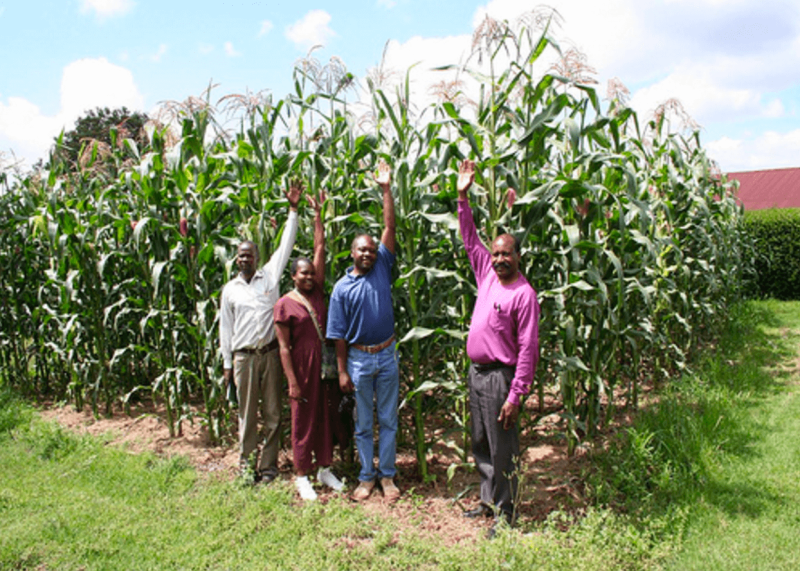In a development that has ignited optimism among companies and organizations that front for the adoption of GM crops, Kenya has revealed intentions to lift the ban to allow the country to accrue the benefits of the technology.
For the East African nation the move toward lifting the ban …. comes hot on the heels of widespread studies that have validated the safety of GM crops and repudiated the Seralini paper, the controversial study by Gilles-Eric Seralini that alleges GMOs cause cancer and which Kenya used in justifying the ban.
[Editor’s note: The Kenyan Ministry of Health noted in a recent announcement that it “…. advocates for precautionary use of GMOs as recommended by a taskforce appointed in October, 2013, which recommended that the then existing ban on GM imports be lifted on a case by case basis.” This precautionary use is subject to extensive animal tests for toxicity. The ministry will also require “long-term and epidemiological surveillance testing …. to rule out any trans-generational harm” to Kenyans.]
“The Seralini study that influenced the ban has widely been discredited, and, as a country, we feel lifting the ban is prudent in order to fully benefit from the GM technology,” says Dorington Ogoyi, CEO of Kenya’s National Biosafety Authority (NBA).
The European Union (EU) has funded three comprehensive studies …. with the aim of ascertaining the safety of GMOs to humans and the environment.
…
Kenya is using the weight of this research to build a case on the need to lift the ban to allow commercialization of GM crops …. For Kenya, lifting the ban would mean the country is only the fourth nation in Africa to allow commercialization of GM [crops], following South Africa, Sudan, and Nigeria.
Read full, original article: Kenya Set to Rescind GMO Ban































